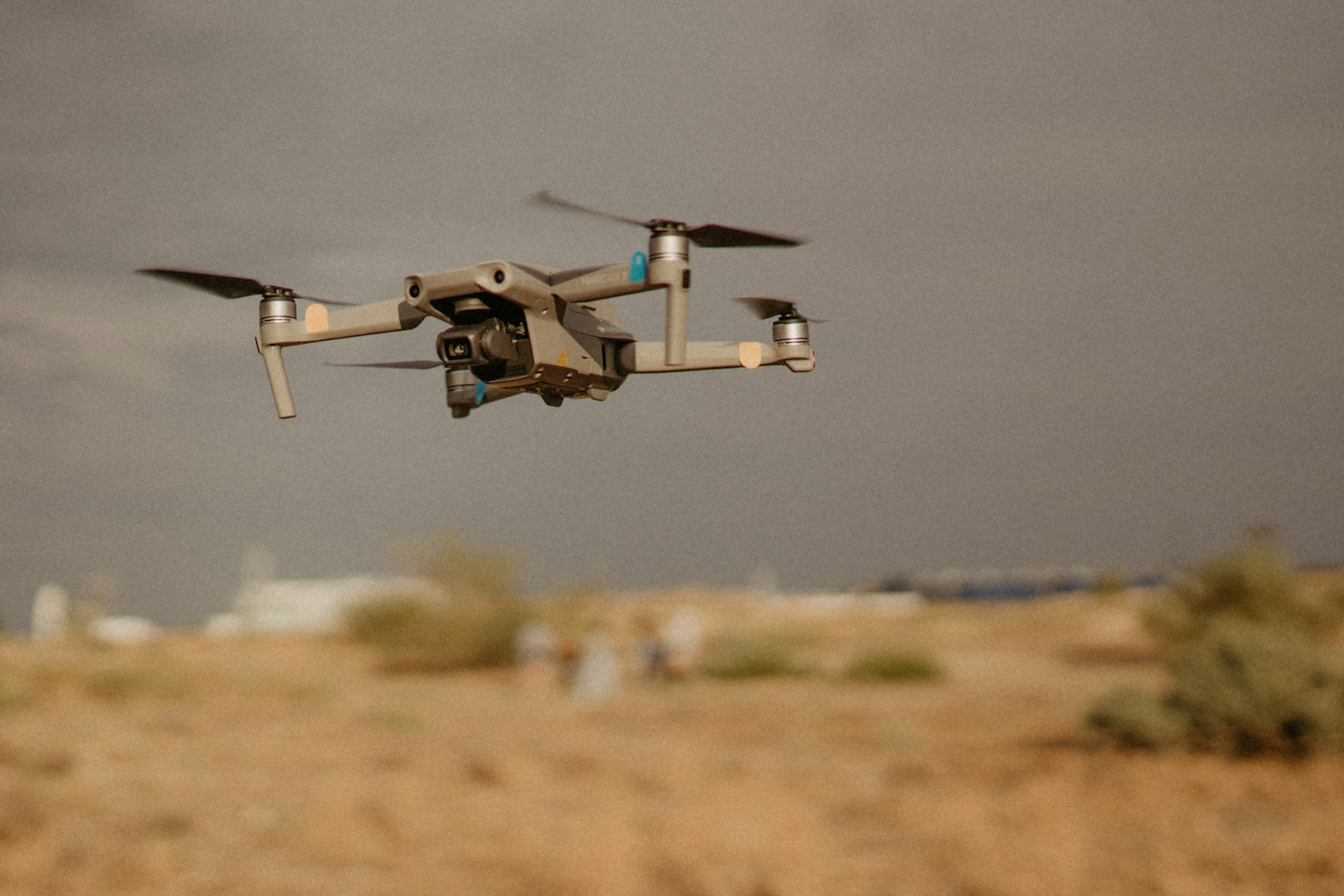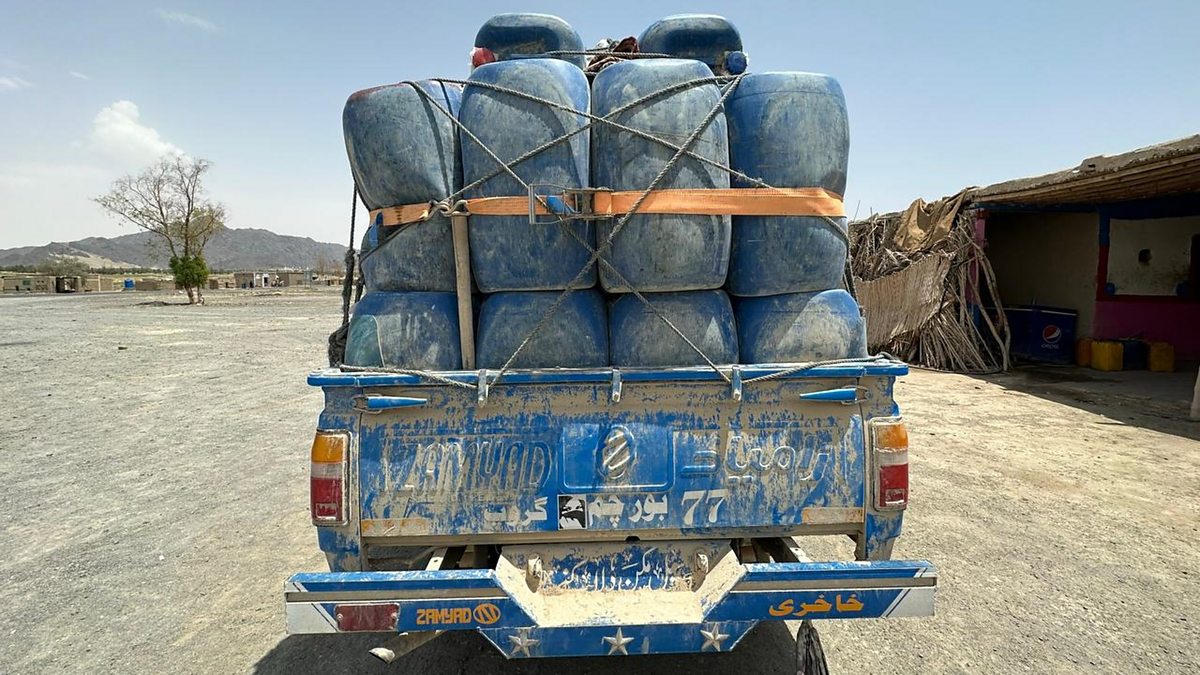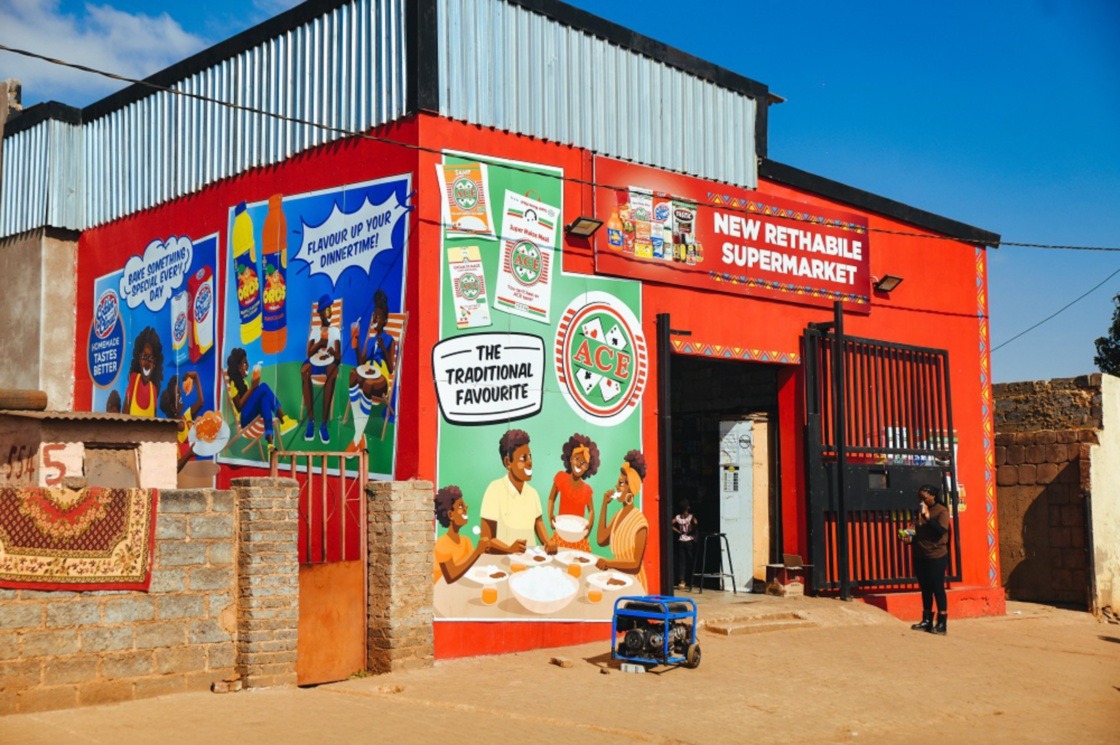
Sudan Drone Strike: Immediate Devastation in a Besieged City
The Sudan Drone Strike on a mosque in the besieged city sent shockwaves across the international community. Dozens of civilians lost their lives in the air assault, highlighting the indiscriminate nature of modern warfare and the devastating impact on non-combatants. Eyewitnesses described the scene as chaotic, with smoke and debris filling the streets, while families frantically searched for missing loved ones. The attack underscores the vulnerability of religious and civilian sites during conflicts, prompting urgent calls for humanitarian intervention.
Residents of the city reported that the mosque was crowded with worshippers at the time of the strike. The Sudan Drone Strike not only resulted in immediate fatalities but also inflicted long-term psychological trauma on survivors and witnesses. Humanitarian organizations have struggled to reach the affected area due to ongoing blockades, making the delivery of medical aid and essential supplies extremely challenging.
The international community has condemned the Sudan Drone Strike, emphasizing that targeting civilian infrastructure constitutes a violation of international law. Governments, NGOs, and human rights organizations are calling for accountability and investigations into the actions of the forces responsible. Media outlets, such as BBC News, have extensively reported on the incident, amplifying global awareness of the ongoing crisis in Sudan.
Humanitarian Crisis and Civilian Suffering
The Sudan Drone Strike exacerbates the already dire humanitarian situation in the besieged city. With limited access to food, water, and medical care, civilians face a compounded threat from both the conflict and the strike itself. Hospitals are overwhelmed with casualties, and healthcare workers operate under extreme conditions, risking their lives to save those affected by the attack.
Children and elderly populations are particularly vulnerable. The Sudan Drone Strike has disrupted the daily lives of thousands, leaving families homeless and disoriented. Relief agencies report an urgent need for shelters, clean water, and psychological support for traumatized civilians. This crisis highlights the urgent requirement for international humanitarian corridors and protective measures for non-combatants.
Local authorities have called for global support to address the aftermath of the Sudan Drone Strike. Coordination between international agencies and local governance is crucial to provide timely aid and prevent further casualties. Civic organizations are mobilizing volunteers to assist survivors, documenting the crisis, and advocating for safe passage for humanitarian assistance.
Eyewitness Accounts and Personal Tragedies
Survivors of the Sudan Drone Strike have recounted harrowing experiences. Witnesses described the moment the drone struck, the loud explosions, and the immediate chaos. Families were separated, and some were forced to flee with injuries. Stories of courage and resilience emerged as civilians attempted to rescue others despite the danger.
Many eyewitnesses reported that the mosque was a place of refuge during the ongoing siege, making the attack particularly shocking. The Sudan Drone Strike violated what was considered a safe space for worshippers, highlighting the indiscriminate targeting in modern conflicts. These personal narratives emphasize the human cost behind the statistics and news reports.
Documentation of these accounts is essential for historical record and for seeking justice. Local journalists and citizen reporters have played a vital role in sharing real-time updates, ensuring that the world is aware of the true scale of the devastation caused by the Sudan Drone Strike. This coverage helps sustain international attention and support for victims.
Impact on Religious Freedom and Cultural Sites
The Sudan Drone Strike has profound implications for religious freedom and the protection of cultural sites. Mosques, churches, and other places of worship are traditionally considered sanctuaries in times of conflict, yet the strike demonstrates that no location is immune. The targeting of a mosque in the besieged city not only resulted in tragic loss of life but also sent a chilling message about the vulnerability of religious communities in war zones. Human rights advocates warn that repeated incidents like the Sudan Drone Strike could erode community trust and heighten sectarian tensions.
The attack has prompted local and international religious leaders to speak out against violations of sacred spaces. Public statements emphasize that attacking civilians in worship settings is a gross violation of moral and legal norms. Organizations working to protect cultural heritage and religious sites are now reassessing their strategies, highlighting the urgent need for protective measures and international monitoring to prevent future Sudan Drone Strike incidents.
Communities are mobilizing to rebuild and safeguard their cultural identity despite the devastation. Initiatives include temporary shelters for displaced worshippers, community-led security measures, and awareness campaigns about the importance of preserving religious freedom even amid conflict. The Sudan Drone Strike serves as a stark reminder of the fragility of cultural institutions in conflict zones and the responsibility of the global community to intervene.
Media Coverage and International Response
The Sudan Drone Strike has dominated international news coverage, drawing attention from major media outlets and human rights organizations. The immediacy of reporting, facilitated by social media and citizen journalism, has ensured that the world witnesses the consequences of such attacks in real time. Coverage emphasizes the human toll, with images and accounts highlighting the scale of the tragedy.
Global leaders have condemned the Sudan Drone Strike, calling for ceasefires and accountability for those responsible. Diplomatic pressure is mounting on the Sudanese forces to allow humanitarian access and to adhere to international norms. Advocacy groups have launched campaigns to raise awareness, utilizing the media coverage to mobilize global support and aid for survivors.
Media narratives surrounding the Sudan Drone Strike play a crucial role in shaping international policy and humanitarian response. By highlighting the plight of civilians and the destruction of religious sites, journalists help maintain the urgency of the crisis. Consistent reporting ensures that the incident is not forgotten and that efforts to address the humanitarian fallout are sustained.
Challenges in Humanitarian Aid Delivery
Providing humanitarian aid in the aftermath of the Sudan Drone Strike is fraught with logistical challenges. The besieged city faces road blockades, limited transportation, and ongoing security threats, complicating the delivery of essential supplies such as food, water, and medical equipment. Aid organizations struggle to reach affected populations promptly, putting additional pressure on already scarce local resources.
The Sudan Drone Strike exacerbates these challenges, with damaged infrastructure further slowing relief efforts. Hospitals overwhelmed by casualties face shortages of medicine and staff, and temporary shelters are insufficient for the growing number of displaced individuals. Aid agencies must coordinate closely with local authorities and international partners to ensure that humanitarian assistance reaches those most in need.
Innovative approaches are being explored to overcome these obstacles, including the use of drones for medical supply delivery, mobile clinics, and remote coordination with field teams. Despite these efforts, the Sudan Drone Strike highlights the urgent need for secure corridors and international oversight to facilitate effective humanitarian response in conflict zones.
Psychological Trauma and Long-Term Effects
The survivors of the Sudan Drone Strike face severe psychological trauma. Witnesses recount nightmares, anxiety, and post-traumatic stress resulting from the sudden attack on their place of worship. Children, in particular, are highly affected, struggling to cope with the memories of explosions and loss. Psychologists warn that without proper intervention, the Sudan Drone Strike could have lasting mental health consequences for the community.
Community support programs are essential to help survivors process grief and rebuild their lives. Local NGOs, in collaboration with international organizations, are providing counseling and trauma relief. The Sudan Drone Strike highlights the importance of addressing mental health alongside physical reconstruction in post-conflict recovery efforts.
Efforts to document personal stories are also crucial, ensuring that the human experiences behind the statistics are recognized and remembered. These narratives contribute to historical records and advocacy for future protections against similar incidents.
Calls for Accountability
In response to the Sudan Drone Strike, international human rights organizations are demanding accountability. Investigations into the actions of the forces responsible are underway, emphasizing the need for justice for the victims. Legal frameworks such as the Geneva Conventions explicitly prohibit attacks on civilians and religious sites, providing a basis for holding perpetrators accountable.
Advocacy efforts include petitions, diplomatic pressure, and public awareness campaigns to ensure that the Sudan Drone Strike does not go unpunished. Governments and NGOs are urging the Sudanese authorities to cooperate with international investigations and to implement measures preventing future attacks.
For more detailed coverage on ongoing conflicts in Africa, you can explore related articles on News Africa, providing updates on humanitarian crises and security developments.
Global Solidarity and Relief Efforts
The international response to the Sudan Drone Strike has included aid pledges, emergency funding, and logistical support for affected communities. Countries and organizations worldwide have contributed to relief efforts, coordinating with local authorities to ensure aid reaches the besieged city. The Sudan Drone Strike has reinforced the importance of global solidarity in addressing humanitarian disasters and protecting vulnerable populations.
Volunteer networks, non-profit organizations, and international agencies work tirelessly to deliver food, medicine, and psychological support. The Sudan Drone Strike has catalyzed a renewed focus on emergency preparedness and civilian protection in conflict zones across Africa.
Long-term solutions focus on rebuilding infrastructure, restoring community services, and ensuring that residents can safely return to their homes. The Sudan Drone Strike serves as a reminder that protecting civilians requires coordinated efforts at local, national, and international levels.
Conclusion
The Sudan Drone Strike on a mosque in a besieged city has left a profound mark on the affected community and the international conscience. Beyond the immediate fatalities, the attack has triggered humanitarian crises, psychological trauma, and calls for accountability. The global response demonstrates the vital role of media coverage, humanitarian aid, and international solidarity in alleviating suffering.
Addressing the consequences of the Sudan Drone Strike requires sustained attention and coordinated efforts to protect civilians, uphold human rights, and preserve cultural and religious sanctuaries. While the tragedy underscores the horrors of modern conflict, it also highlights the resilience of communities and the urgent need for a global commitment to peace and justice.


